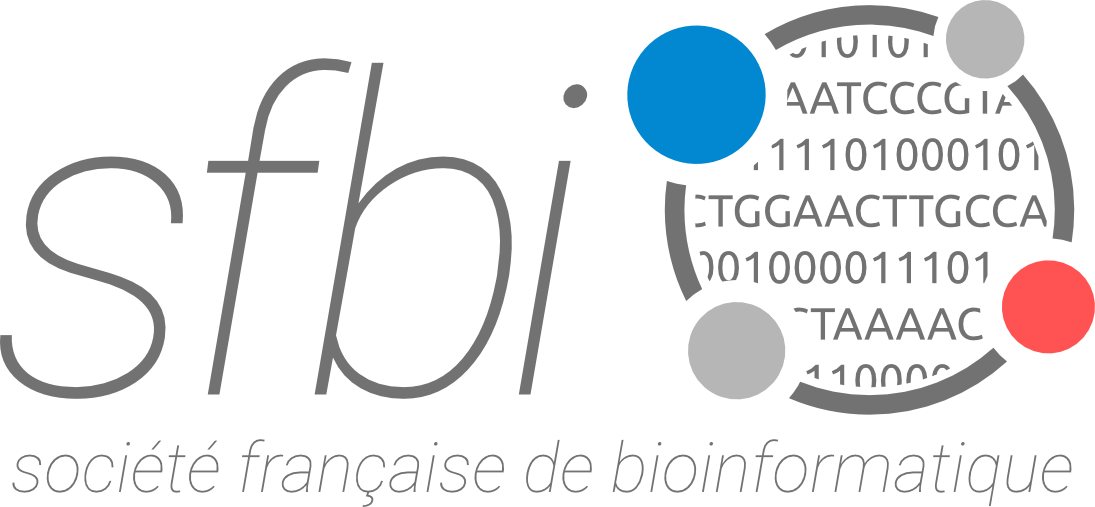Stage Bioinformatique - Mapping global functional diversity of soil microbes using metagenomic data
Stage · Stage M2 · 6 mois Bac+5 / Master Laboratory for Climate and Environmental Sciences (LSCE) · Saint-Aubin (France) 1000/mois
Date de prise de poste : 1 février 2025
Mots-Clés
Bioinformatic, metagenomic data, metagenome-assembled date (MAGs), soil microbes, global biogeochemistry
Description
Supervisors, addresses, e-mails, URLs:
- Philippe Ciais: LSCE, Orme des Merisiers, Bâtiment 714, 91190 Saint-Aubin,
- Elsa Abs : LSCE, Orme des Merisiers, Bâtiment 714, 91190 Saint-Aubin,
- Gabin Piton: INRAE Eco&Sols, Campus La Gaillarde Institut Agro - INRAE - Bat 12 2 place Viala - 34060 Montpellier,
- Alex Chase: Southern Methodist University, 3225 Daniel Avenue, Suite 207 Heroy Hall Dallas Texas 75205.
- Ulas Karaoz: Lawrence Berkeley National Lab, 1 Cyclotron Road Berkeley, CA 94720.
Address of the internship location: Laboratory for Climate and Environmental Sciences (LSCE), Orme des Merisiers, Bâtiment 714, 91190 Saint-Aubin. Free daily CEA shuttles from Paris and surrounding areas. Two days of remote work per week included, with the possibility for more upon discussion.
Possibility of a PhD proposal on/related to the internship subject:
YES
Publications of the supervisors related to the proposal:
- Abs et al 2024, “Microbial evolution—An under-appreciated driver of soil carbon cycling”, Global Change Biology (https://doi.org/10.1111/gcb.17268).
- Chase et al 2021, “Adaptive differentiation and rapid evolution of a soil bacterium along a climate gradient”, PNAS (https://doi.org/10.1073/pnas.2101254118).
- Piton et al 2023, “Life history strategies of soil bacterial communities across global terrestrial biomes”, Nature microbiology (https://doi.org/10.1038/s41564-023-01465-0).
- Karaoz & Brodie 2022, “microTrait: A Toolset for a Trait-Based Representation of Microbial Genomes”, Frontiers in Bioinformatics (https://doi.org/10.3389/fbinf.2022.918853).
DESCRIPTION
This position is part of the European Research Council (ERC) Starting Grant GAMEchange, with the overarching goal of integrating microbial evolution into land surface models. Why care about soils? Soils contain more organic carbon than the atmosphere and plants combined. And why care about microbes? First, soil microbes release four times more carbon dioxide than the fossil fuel industry. Second, predictions of global soil carbon are 20% more accurate when microbes are included in models compared to when they are not. Yet, soil microbes and their adaptation to climate change are still not integrated into IPCC models.
The first step toward achieving this integration is identifying the global diversity of soil microbial communities and their functions related to carbon cycling. This will be the goal of this M2 internship. To accomplish this, the M2 student will analyze high-quality metagenomic data on soil microbes worldwide, extract functional traits using computational approaches, and identify regional patterns (Aim 2 in Figure 1).
|
Figure 1: Illustration of GAMEchange plan. The goal of the Master 2 project will be to focus on Aim 2. |
This project will provide excellent networking opportunities with LSCE (e.g., Philippe Ciais, Valerie Masson-Delmotte, Jean Jouzel) and ENS Ulm researchers (e.g., Chris Bowler, Regis Ferriere) as well as international experts in the field. It will closely interact with an international project called 'Carbon Loss In Plants, Soils, and Oceans' (CALIPSO), which aims to improve predictions of vulnerable carbon in forests, oceans, and soils. The CALIPSO project involves leading researchers, including Philippe Ciais at LSCE, Stefano Manzoni at Stockholm University, and Steve Allison at the University of California, Irvine, in the soil team; Corinne Le Quéré at the University of East Anglia and Laurent Bopp at l’Ecole Normale Supérieure of Paris in the ocean team; and Ana Bastos at Leipzig University and Pierre Friedlingstein at Exeter University in the vegetation biomass team.
Candidature
Procédure : Envoyer un mail à elsa.abs@lsce.ipsl.fr.
Date limite : 20 novembre 2024
Contacts
Elsa Abs
elNOSPAMsa.abs@lsce.ipsl.fr
Offre publiée le 29 octobre 2024, affichage jusqu'au 20 novembre 2024
